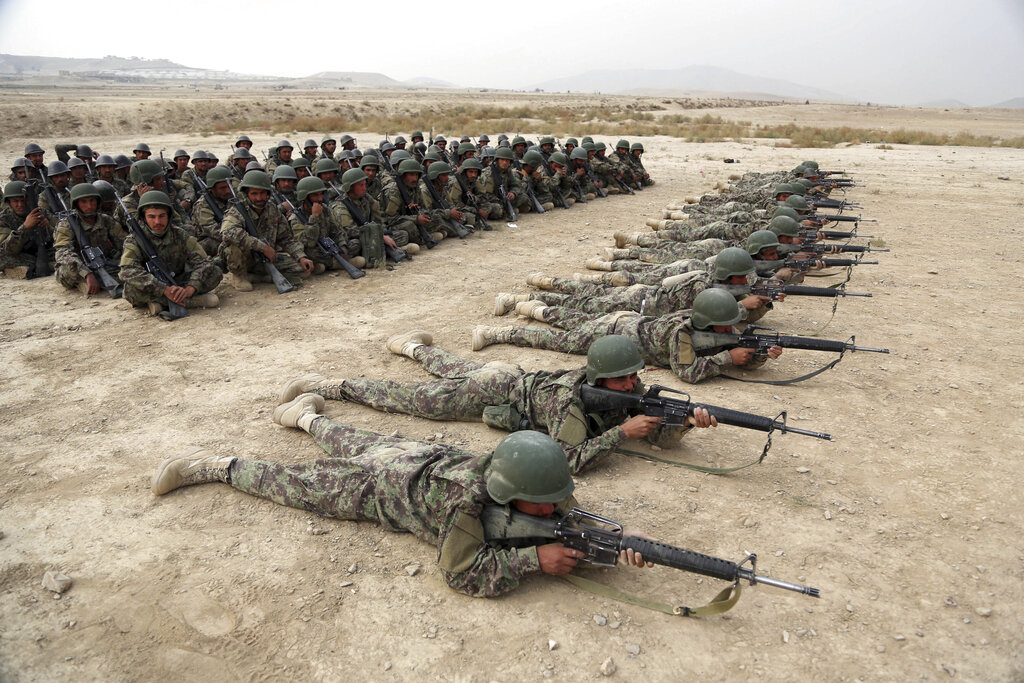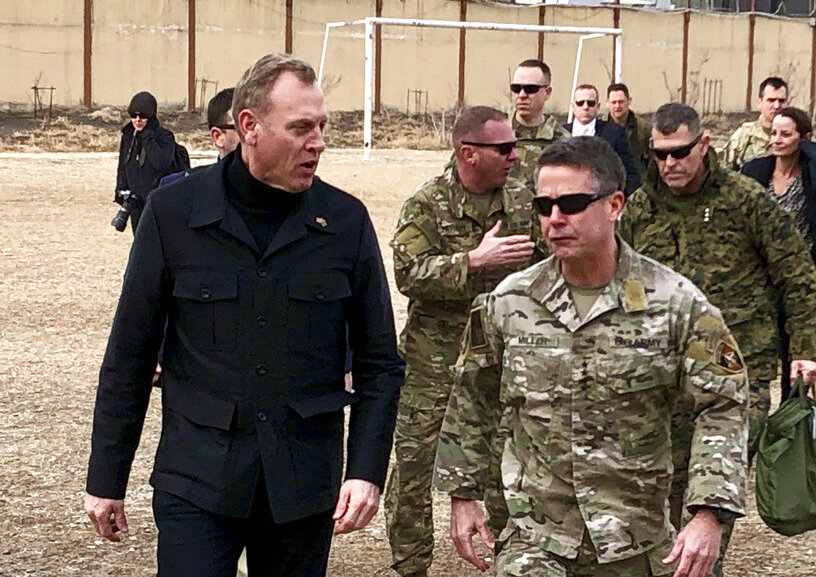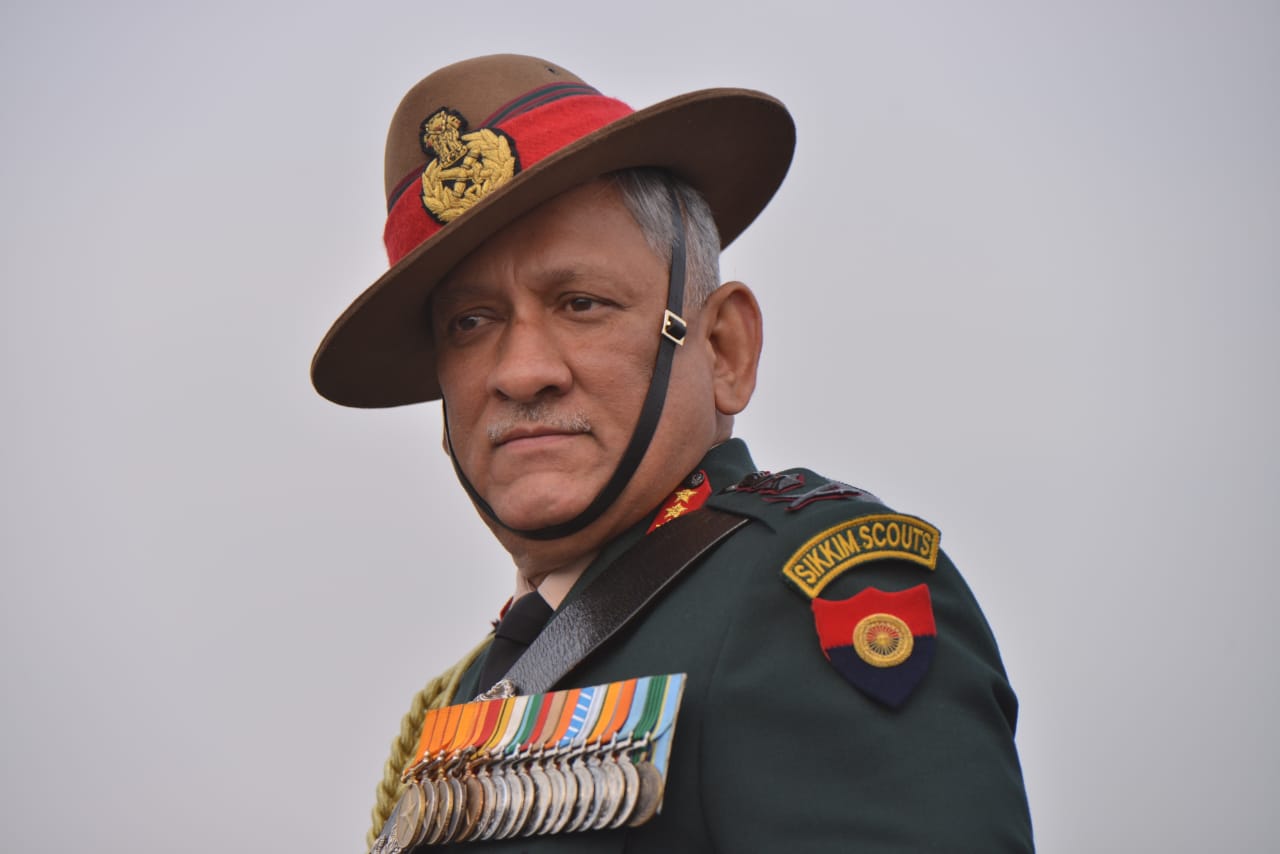Has the season of guns been replaced by the season of talks in Afghanistan? The United States of America held parleys with representatives of the Taliban, now once again in ascendancy, in Qatar recently. Russia, too, facilitated talks between the Taliban and some Afghan representatives in Moscow. Does this mean that the stakeholders in the crisis have, at long last, realized the futility of violence? It would be too early to arrive at such a hopeful conclusion. Several roadblocks threaten the achievement of durable peace in this war-torn region. The dialogue with the Taliban is not predicated upon a pledge on the part of the group to lay down arms; it has only agreed to break its ties with al Qaida and the Islamic State. Violence continues unabated, especially in northern Afghanistan where confrontations between the Taliban and the government forces did not cease even during the cold months. Yet another impediment to the success of the talks is the Taliban’s refusal to engage with the government headed by the president, Ashraf Ghani. Strangely, both the US and Russia have agreed with the Taliban to keep Mr Ghani’s government out of the deliberations for the moment. The absence of the government in the talks, however, raises serious questions about the legitimacy of the discussions. Then, as always, there is the shadow cast by Pakistan. Not much can be achieved on the ground unless Islamabad is made a willing party to the negotiations. It is clear that the future of Afghanistan can only be secured if the players in this Great Game choose to prioritize peace over their strategic imperatives. But such piousness is rare in international diplomacy.
The fluid situation makes it difficult for India to choose sides. New Delhi must play its cards well because developments in Afghanistan are bound to pose strategic challenges. It would be wise on India’s part to be nimble in its approach. Is it time for India to break the mould and explore ways to engage with the Taliban and other influential groups? That could be one way of protecting its interests in a shifting terrain.













